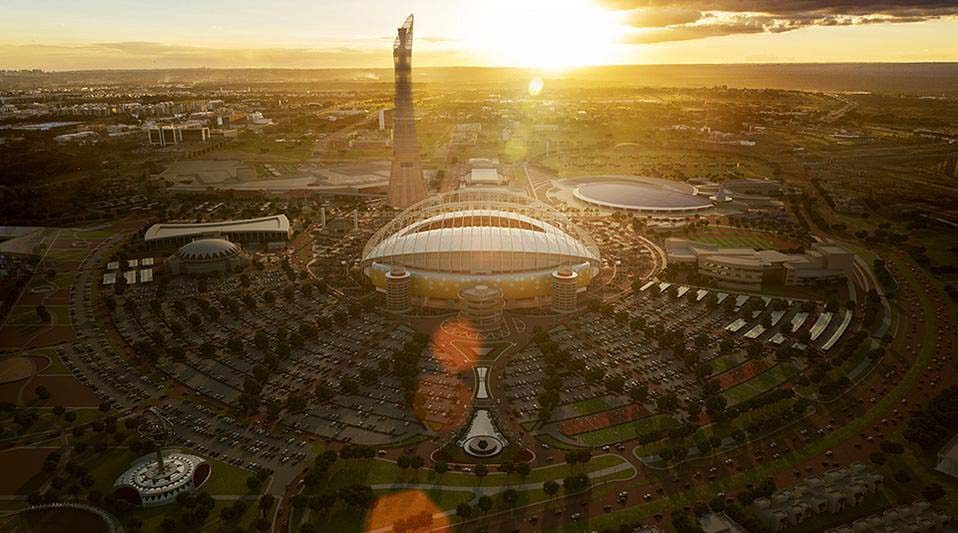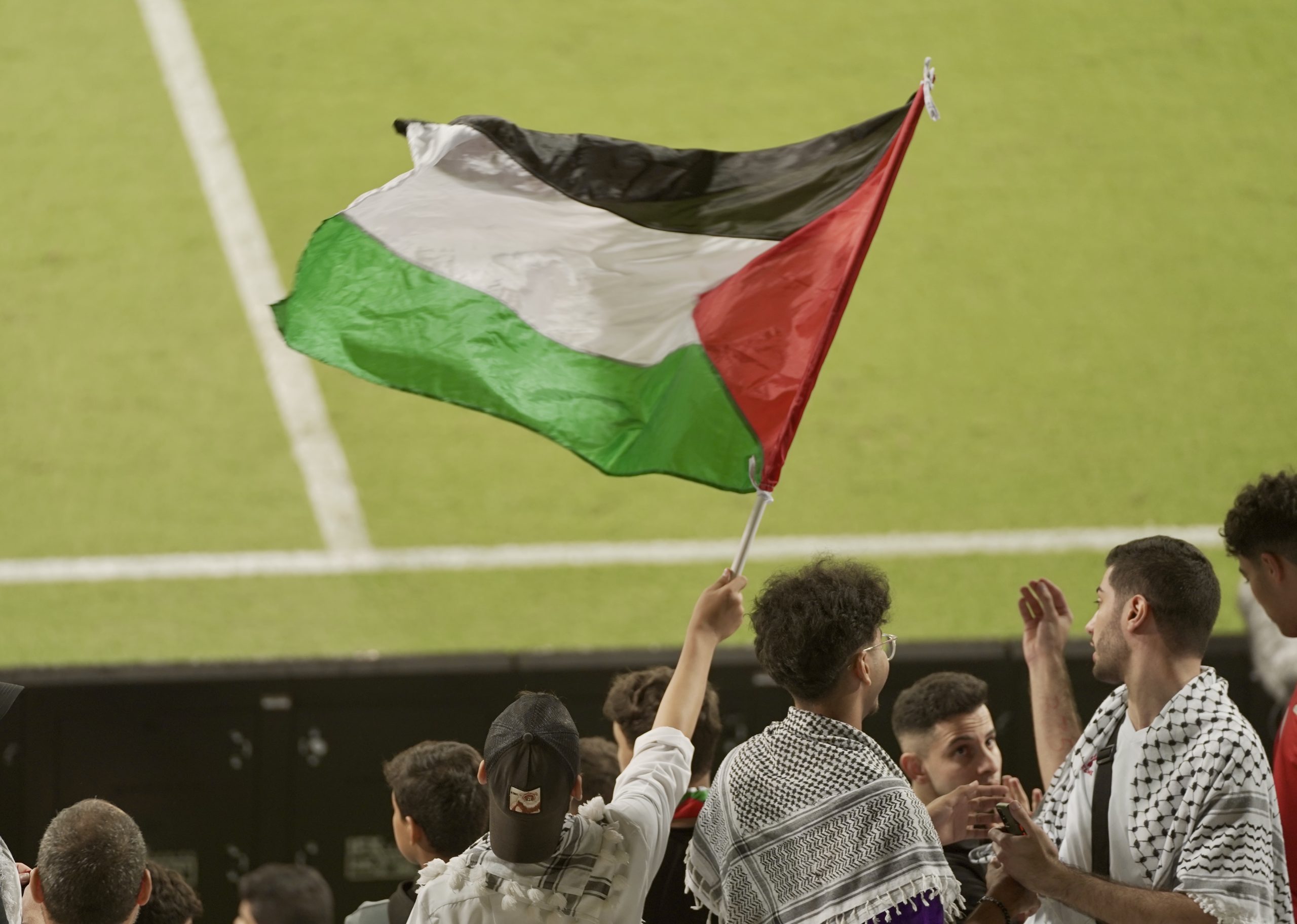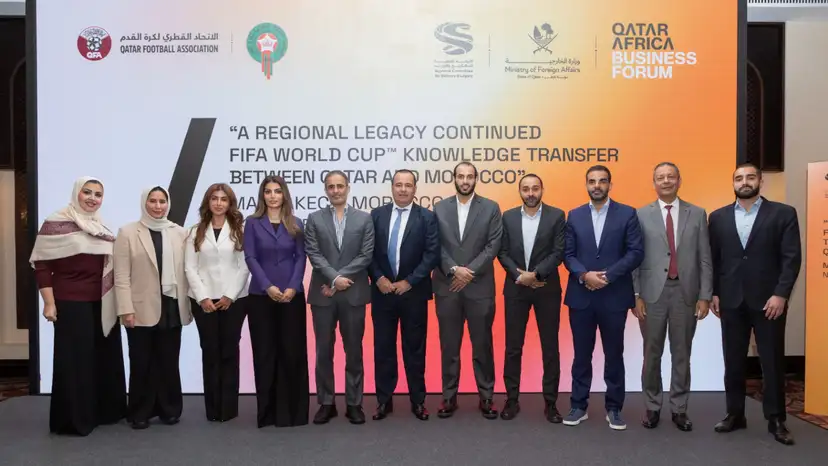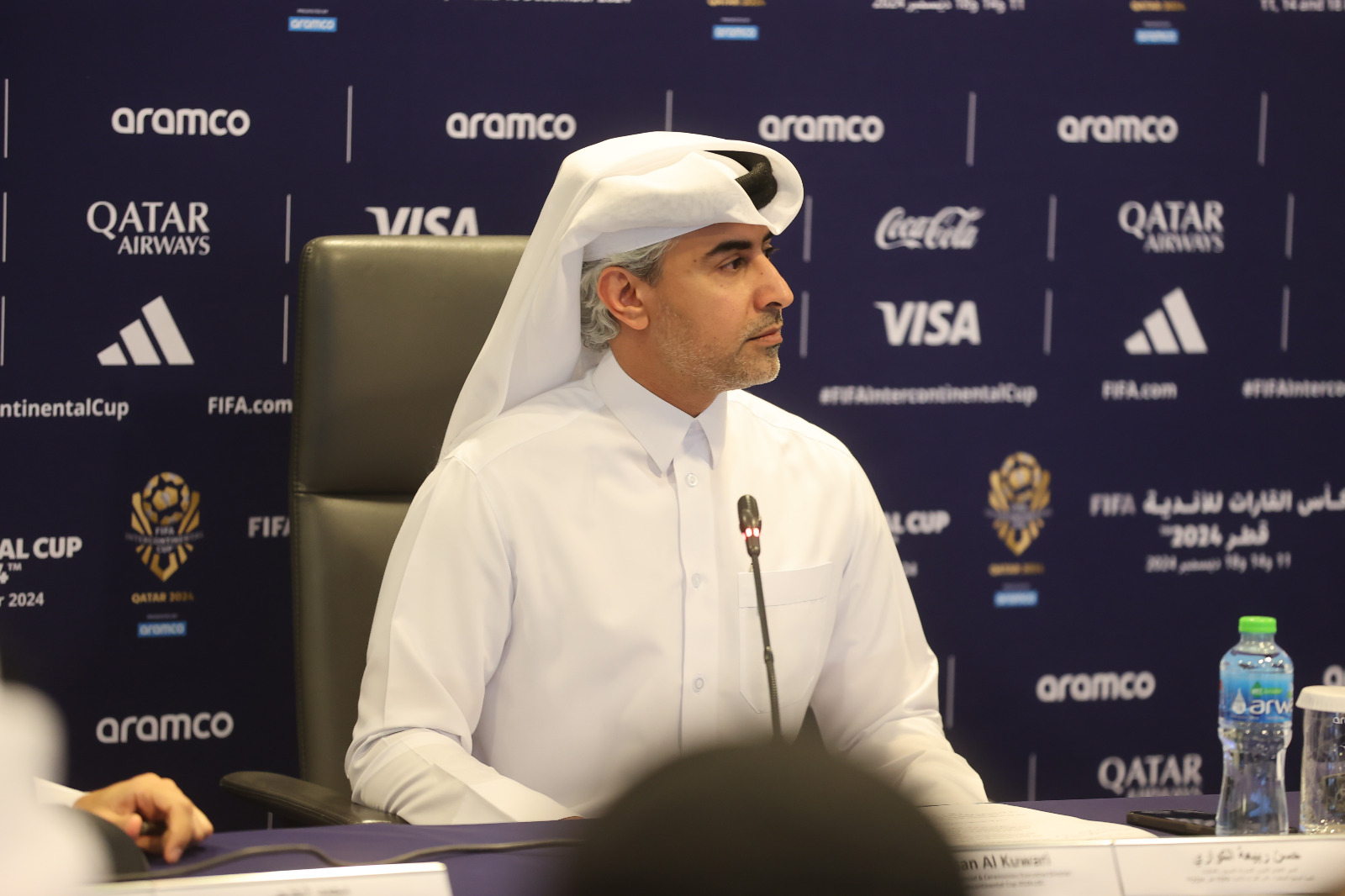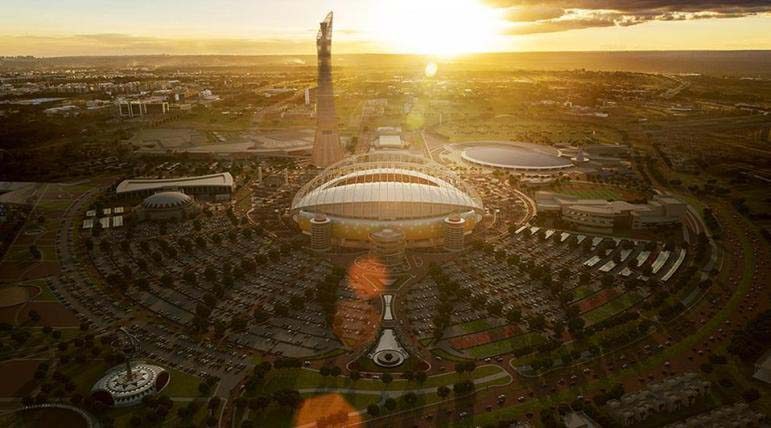
With reporting from Heba Fahmy
Qatar is “committed to protecting the workers” who are building its many infrastructure projects and is making progress in terms of labor rights, the government said in response to a new Amnesty International report that accused the state of “rampant” abuse of low-income employees.
Today marks the fifth anniversary since Qatar was named as host city for the 2022 World Cup.
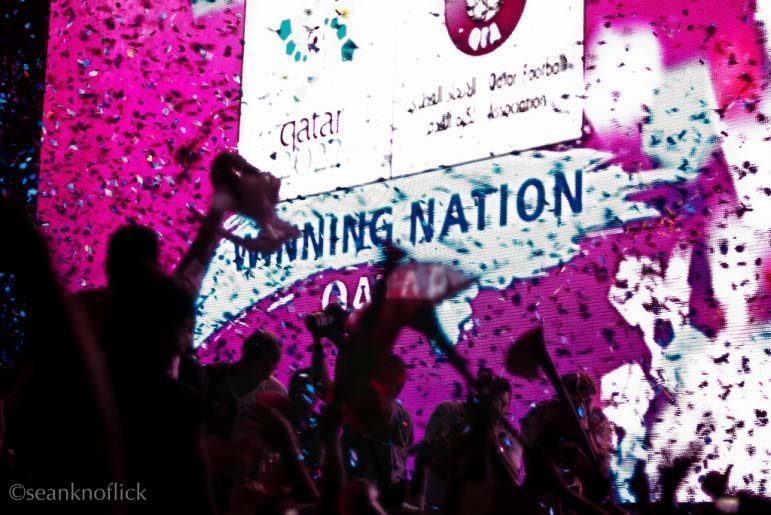
On the eve of that milestone, Amnesty issued an annual scorecard asserting that authorities in Qatar “have done almost nothing effective to end chronic labor exploitation” here. It also accused FIFA of being complicit in failing to make material improvements to workers’ rights.
In response, Qatar’s Government Communications Office issued a statement last night arguing that the report “does not accurately reflect the progress we have made in reforming our labor system.”
It also claimed that Amnesty’s report did not compare Qatar’s developments to other countries that have a similar majority-expat population:
“The Government feels that Amnesty’s reporting lacks context, as it does not benchmark labor conditions in Qatar against labor conditions in other countries facing similar challenges.
Qatar fully intends to meet the highest standards with regard to labor but for reasons that are unclear, Amnesty International has provided no comparative data on labor conditions in other countries employing large numbers of guest workers to meet the demands of rapid growth and development,” the statement said.
Worker reforms
Asserting its “appreciation” of its migrant workforce, the government office maintained it had made a number of “significant (human rights) reforms” and that the state is “committed to respecting both their labor rights and their human rights.”

Among the examples of reforms cited by the government are the introduction of the Wage Protection System, which requires companies to pay employees’ wages directly into bank accounts.
The government also said there are “new laws” banning employers from withholding their employees’ passports and from working during midday hours in summer months.
However, these rules have been in place for a number of years, though workers do regularly complain about the passport issue and have said the authorities do not do enough to enforce the law.
Kafala
Amnesty also criticized Qatar for taking more than a year to introduce minor reforms to its controversial kafala sponsorship system that aren’t expected to take effect until next year.

“The reforms proposed by the government fail to tackle the central issues that leave so many workers at the mercy of employers, yet even these changes have been delayed,” Amnesty researcher Mustafa Qadri said.
However, the Qatar government office maintained that, despite criticism that the new law doesn’t go far enough in tackling some of the issues around workers’ rights, “these new regulations mark the beginning of the end of the so-called ‘kafala’ laws in Qatar.”
The statement continued:
“Far from ‘tinkering on the edges’ of reform, Qatar has made, and will continue to make changes in our laws that will help ensure that the rights of both workers and their employers are respected.”
In a separate public announcement yesterday, the head of the local organizing body for Qatar’s World Cup maintained that Qatar was making good progress in its preparations to host the global event in seven years’ time.

Hassan Al Thawadi, secretary-general of the Supreme Committee for Delivery & Legacy, reportedly said: “Our vision, our legacy continues to develop. The World Cup will go down in history as being an outstanding one.”
Work is underway on six of what will be at least eight stadiums required for the event, with the remodeled Khalifa international stadium in Aspire Zone set to be the first facility to be completed next year.
The main contractor for Al Wakrah stadium, which was designed by British-Iraqi architect Zaha Hadid, is set to be announced next week, Al Thawadi added.
FIFA response
The official also commented on the ongoing turmoil faced by football’s international governing body FIFA, saying “we need a stable FIFA for the benefit of the game. The new president, whoever it may be, should lead football and work for the progress of the game.”

FIFA did not escape censure by Amnesty. In a statement, Qadri said yesterday: “FIFA has played its part in this sorry performance. It knew there were labor rights issues in Qatar.”
He added:
“FIFA has bent over backwards to make a Qatar World Cup work, even taking the unprecedented step of moving the tournament from summer to winter. But apart from occasional public statements the organization has not set any clear, concrete agenda for how it will push Qatar to ensure migrant workers’ rights are respected.”
In its own response to the report, FIFA said it has been working with Qatar authorities, Amnesty and the International Trade Union Confederation (ITUC) to achieve “consistent and sustained implementation of fair working conditions on FIFA World Cup construction sites as quickly as possible.”
While its focus remains on specific World Cup sites – the stadiums – FIFA added that it continues to “urge” Qatar authorities to ensure basic workers’ standards were also implemented country-wide.
It said it would put in place a “human rights due diligence procedure” for the World Cup, but stopped short of giving any detail on what this would include or how it would be enforced.
#WhenWeWon
Meanwhile, a new Twitter hashtag #لما_فزنا (when we won) has been making the rounds this week. On it, many people have been expressing pride and joy that the country is hosting the World Cup, while others are reminiscing about how the felt and where they were when the news was announced five years ago.
كان يوم لاينسى طلعنا من الدوام على سوق واقف على طول وصبغت وجهي بعلم قطر ولما تم الإعلان يمكن لمينا نص الموجودين ومانعرفهم #لما_فزنا
— Turki Faisal (@Turkifaisal) December 2, 2015
Translation: It was a day I will never forget, we went to Souq Waqif straight after work and I painted my face with the Qatari flag, and when it was announced we celebrated with all the people there and we didn’t know half of them.
٢ ديسمبر حُفر في الذاكرة القطرية لسببين أولاً عرسي و ثانياً الفوز بشرف تنظيم كأس العالم 😎 #لما_فزنا
— •):( Bu Saif ):(•TM (@BuSaif_0_0_) December 1, 2015
Translation: The date Dec. 2 is ingrained in Qataris’ memories for two reasons, first it is my wedding (anniversary) and second it’s winning the honor to host the World Cup.
#لما_فزنا كان فوز قطر لاشقائها العرب وكسر احتكار الاستضافه للدول الاجنبيه
— Salman AL Mudahka (@salmanAlmudahk1) December 2, 2015
Translation: We won for our Arab brothers and we ended the monopoly of only foreign countries hosting the (World Cup).
#لما_فزنا البعض شعر بالحسرة والغضب لما حققناه ولكن هناك من شاركنا الفرحة وكان سعيد اكثر منا لانه مونديال لجميع العرب pic.twitter.com/4qmJIDbeHk
— نـــــايـــــف الـعــنـــــزي (@naif313) December 2, 2015
Translation: When we won, some people were sad and angry for what we had achieved, but others joined us in celebrations and were even happier than us, because this World Cup is for all the Arabs.
Thoughts?

